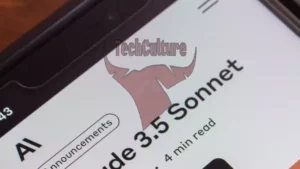Microchip Company’s Disappearance Raises Concerns for Pet Owners
A Texas-based microchip and records company, Save This Life, has seemingly vanished without a trace, leaving pet owners, shelters, and veterinarians worried about the fate of crucial microchip records. This unexpected development has cast a spotlight on the microchipping industry and raised questions about data stewardship in the digital age.
Microchipping has become a standard practice for pet identification in the United States, with an estimated 3.5 million household animals chipped. The technology relies on a unique identifier implanted in pets, linking to a database containing owner information. However, the disappearance of Save This Life has exposed potential vulnerabilities in this system.
Despite an active website, the company is listed as inactive on tax records and has been unresponsive to inquiries. This silence has left many pet owners uncertain about the status of their pets’ microchip information, which they expected to remain accessible for the duration of their pets’ lives.
The situation highlights the complexities of microchipping as a for-profit business. While microchips themselves do not store pet owner data directly, they rely on company databases to function effectively. The potential loss of these records due to a company’s failure raises significant concerns about the long-term reliability of the system.
This incident has sparked a broader debate about digital property rights and the nature of data stewardship by for-profit corporations. Experts draw parallels to other digital services, such as online-only video games, where consumers may lose access to purchased content if a company ceases operations.
The Save This Life case prompts important questions about the obligations of companies holding pet microchip information and the potential need for regulations to protect this data. It also underscores concerns that profit motives may sometimes overshadow the welfare of pets in the microchipping industry.
As the situation unfolds, it serves as a wake-up call for pet owners and industry stakeholders alike, emphasizing the need for transparent policies and safeguards in the management of critical pet identification data.




